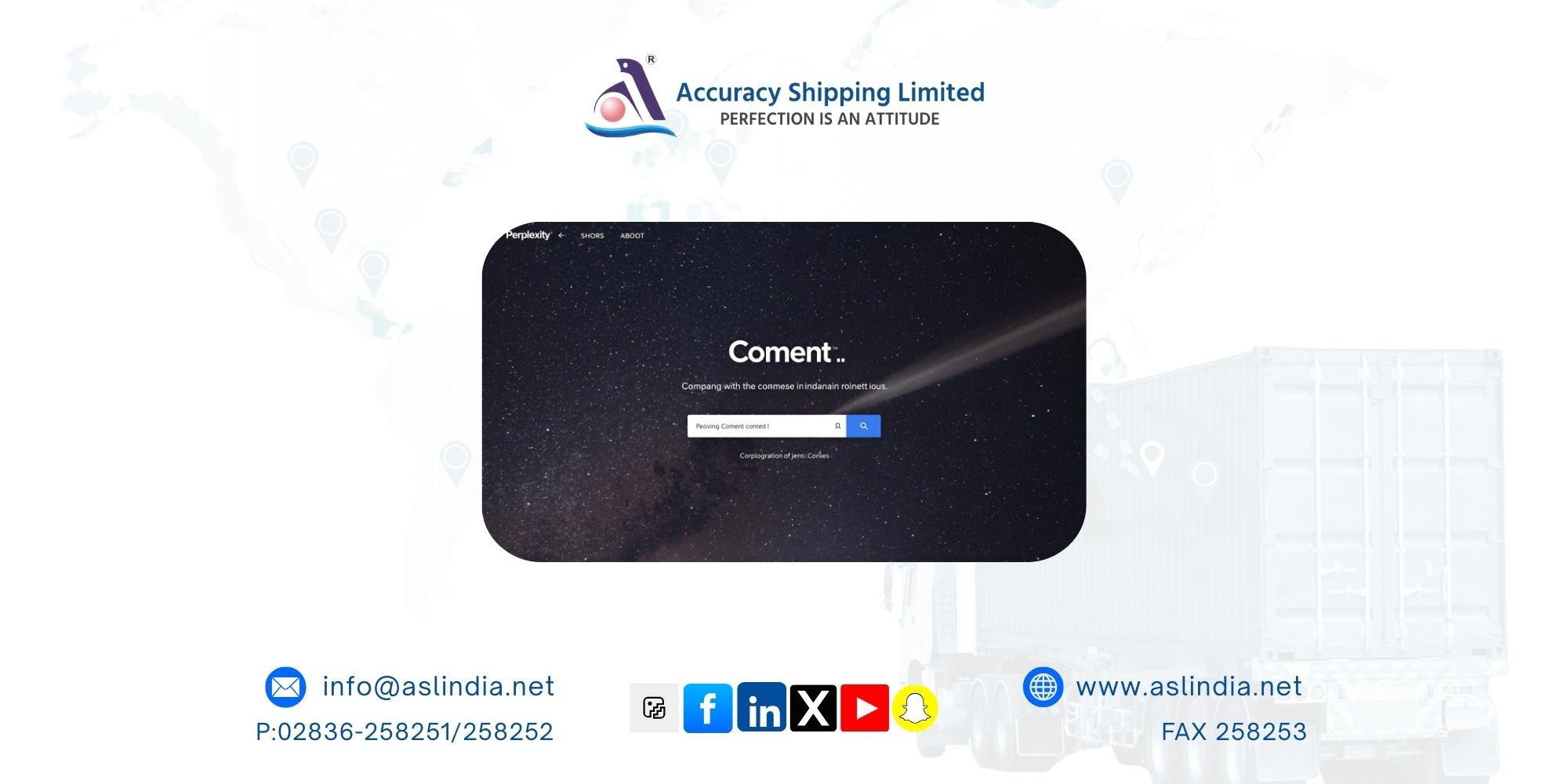Perplexity launches Comet AI browser in India but there's a proviso, for now

Perplexity AI has officially rolled out its Comet AI browser in India, marking a bold step into the world’s largest internet market outside of China. However, there’s a catch: the browser is currently only available to paying users, specifically Perplexity Pro subscribers.
What Is Comet AI Browser?
At its core, Comet combines a Chromium-based browsing experience with an always-on AI sidebar, which the company describes as “agentic.” Unlike traditional browsers that simply load and display content, Comet aims to act as a thinking partner. It can:
Follow multi-step workflows across tabs
Compare prices and reviews
Draft and send emails
Book meetings and complete transactions on behalf of the user (with permission)
Summarise research and shopping results
This shift is what co-founder, president, and CEO Aravind Srinivas has previously described as moving from “browsing to thinking.”
Features That Stand Out
Comet is designed to streamline digital tasks and reduce tab clutter by carrying forward context across tasks and projects. Additional highlights include:
Local storage of browsing history and AI interactions with end-to-end encryption
Integrations with popular password managers
Enterprise-ready features, including admin controls and compliance commitments to appeal to corporate clients
Currently, the browser is available on Windows and macOS for Perplexity Pro subscribers. It is also up for pre-order on Android, with iOS support expected soon.
Perplexity in India
India represents a strategic launchpad for Perplexity. With its vast, digitally savvy population, the country provides fertile ground for testing and scaling Agentic AI in daily workflows. To sweeten the deal, Perplexity has partnered with Bharti Airtel Ltd., offering millions of Airtel users complimentary Perplexity Pro access for one year.
Moreover, Perplexity is planning to hire locally, signaling its long-term commitment to the Indian market.
The Bigger Picture
The launch raises key questions:
How will regulators and publishers respond to a browser that scrapes, summarises, and acts across the open web?
Will incumbents like Google and Microsoft follow suit by integrating similar agentic features into Chrome and Edge?
For now, Comet AI represents a significant step forward in redefining how people engage with the web less about clicking and scrolling, more about thinking and doing.







